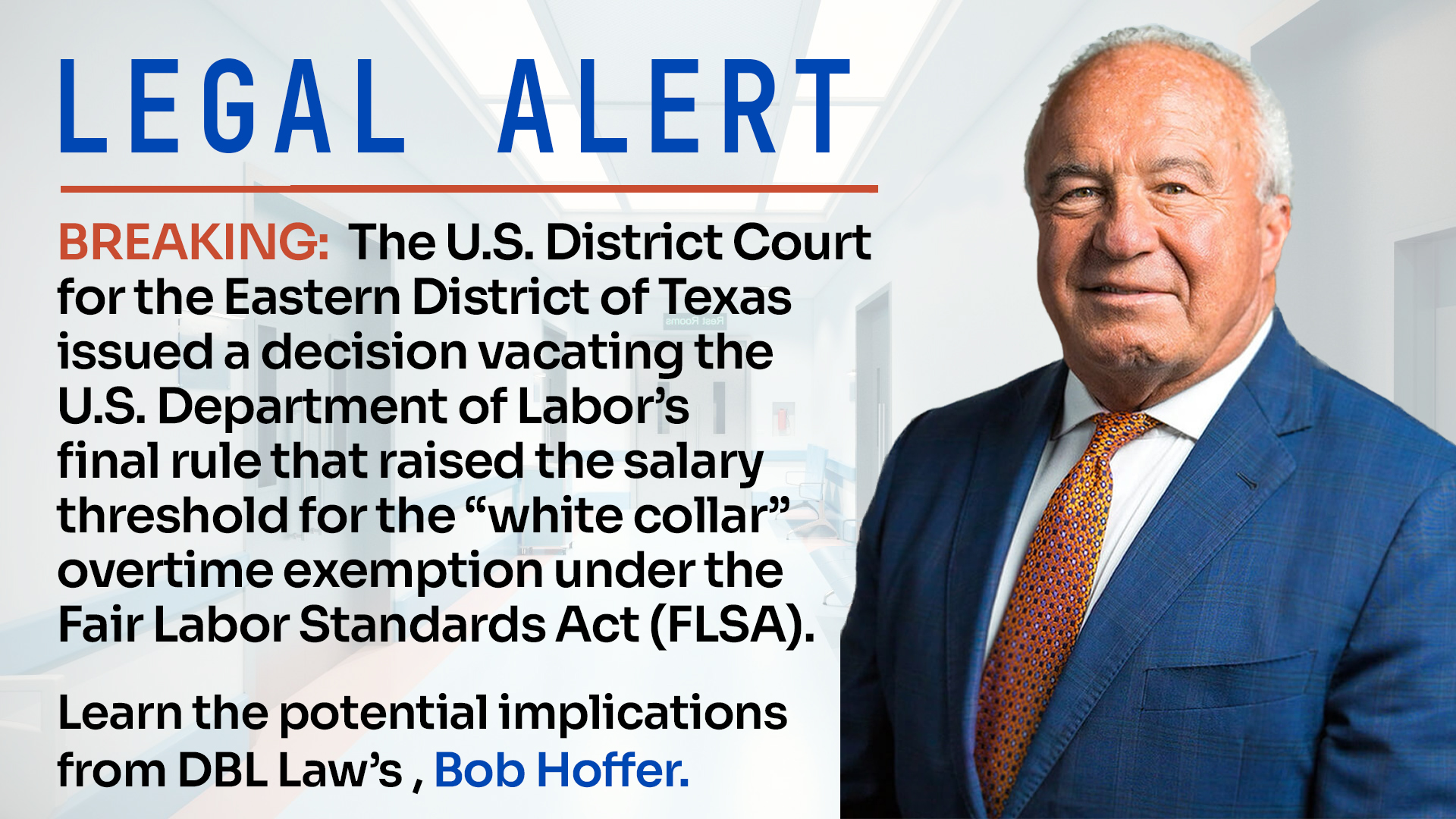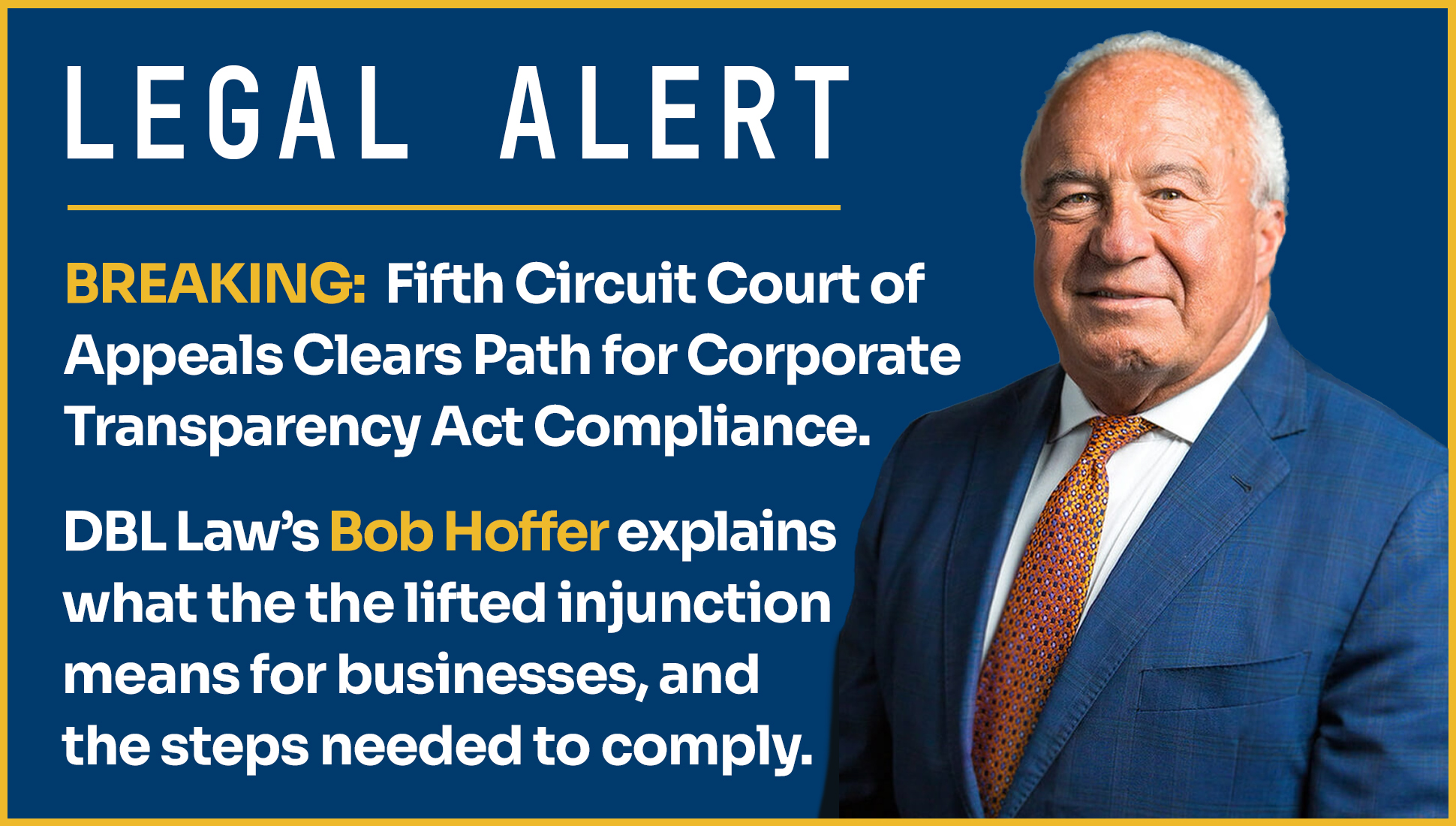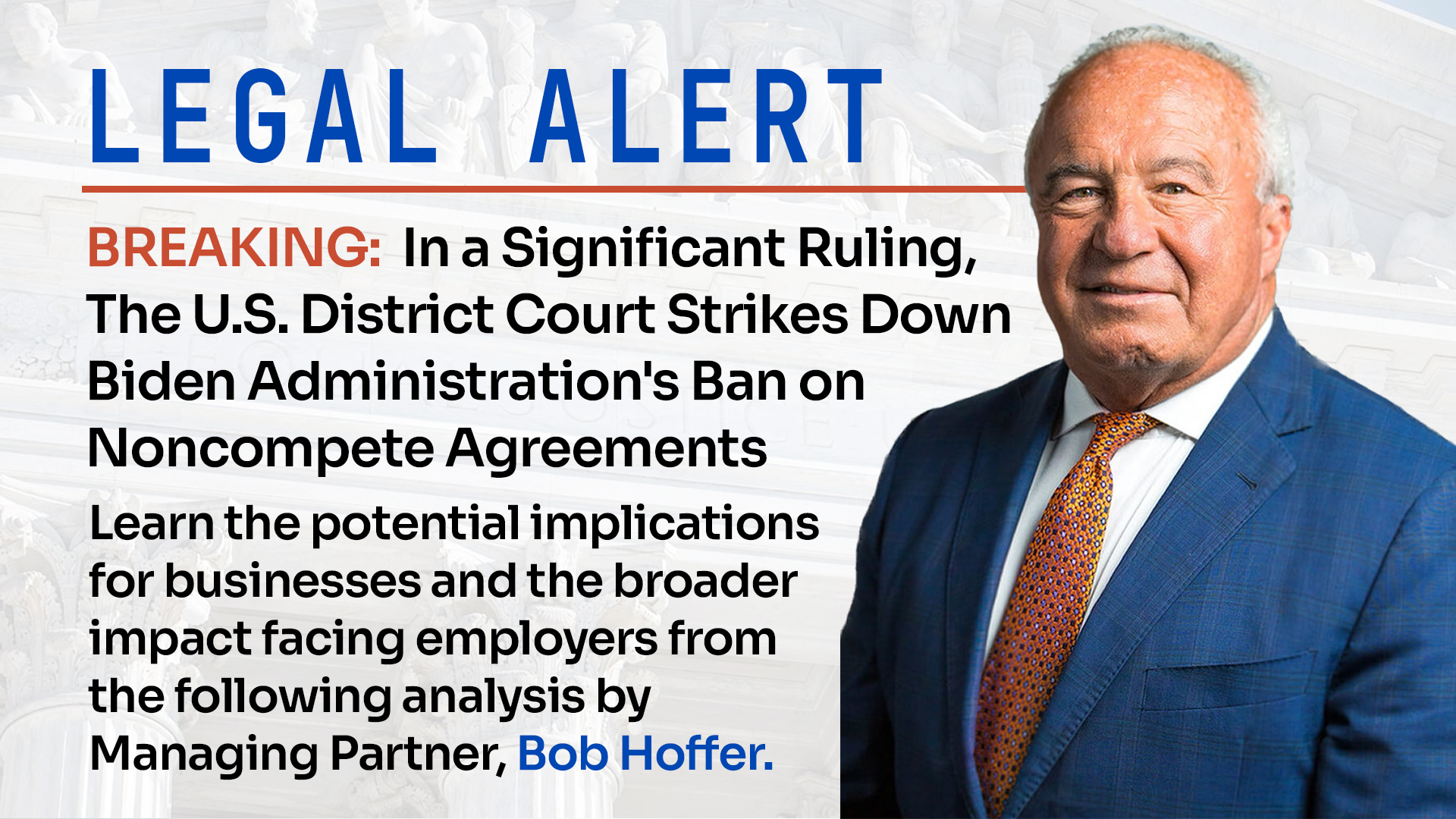On November 15, 2024, the U.S. District Court for the Eastern District of Texas issued a decision vacating the U.S. Department of Labor’s (DOL) final rule that raised the salary threshold for the “white collar” overtime exemption under the Fair Labor Standards Act (FLSA). This ruling effectively nullifies the regulation nationwide, including increases that had already gone into effect earlier this year.
Key Takeaways
- The overtime threshold increase set to take effect on January 1, 2025, will not proceed.
- The salary threshold increase implemented on July 1, 2024, has been invalidated, though many employers may have already adjusted payroll practices.
- The court struck down the rule’s provision for automatic threshold updates every three years.
Background on the FLSA White Collar Exemption
Under the FLSA, employees in certain executive, administrative, and professional (EAP) roles are exempt from overtime pay if they meet three criteria:
- Salary Basis Test: Paid a fixed, predetermined weekly salary.
- Duties Test: Perform duties that qualify as executive, administrative, or professional in nature.
- Salary Threshold Test: Earn a minimum salary set by the DOL.
The DOL’s final rule, issued in April 2024, had increased the salary threshold from $684 per week ($35,568 annually) to $844 per week ($43,888 annually) on July 1, 2024. A second increase to $1,128 per week ($58,656 annually) was scheduled for January 1, 2025, with additional automatic updates every three years.
Court’s Ruling
In its decision, the court concluded that:
- The DOL overstepped its statutory authority by setting a salary threshold that effectively supplanted the duties test, creating a “salary-only” test for overtime exemption.
- The rule’s provision for automatic updates to the salary threshold violated the FLSA, which requires any changes to be made through formal rulemaking processes.
- A nationwide vacatur was warranted due to the broad impact of the rule on employers and employees.
Implications for Employers
The court’s ruling means that the salary thresholds established by the July 1, 2024, and January 1, 2025, changes are no longer valid. Employers who adjusted salaries or employee classifications in response to the July 1 increase should consult with legal counsel before making any further changes. Additionally, some states maintain salary thresholds that exceed federal requirements, including California, Colorado, New York, and Washington, among others.
What’s Next?
The DOL may appeal this decision to the Fifth Circuit Court of Appeals. However, given the pending change in federal administration, the likelihood of an appeal moving forward is uncertain. Employers should stay informed as the DOL considers its next steps and any potential regulatory revisions under new leadership.
Need Assistance?
If your organization has questions about how this decision impacts your workforce or requires guidance on compliance with state or federal overtime laws, DBL Law’s Employment & Labor Practice Group is here to help. Contact Bob Hoffer or another member of our team for tailored legal advice.





